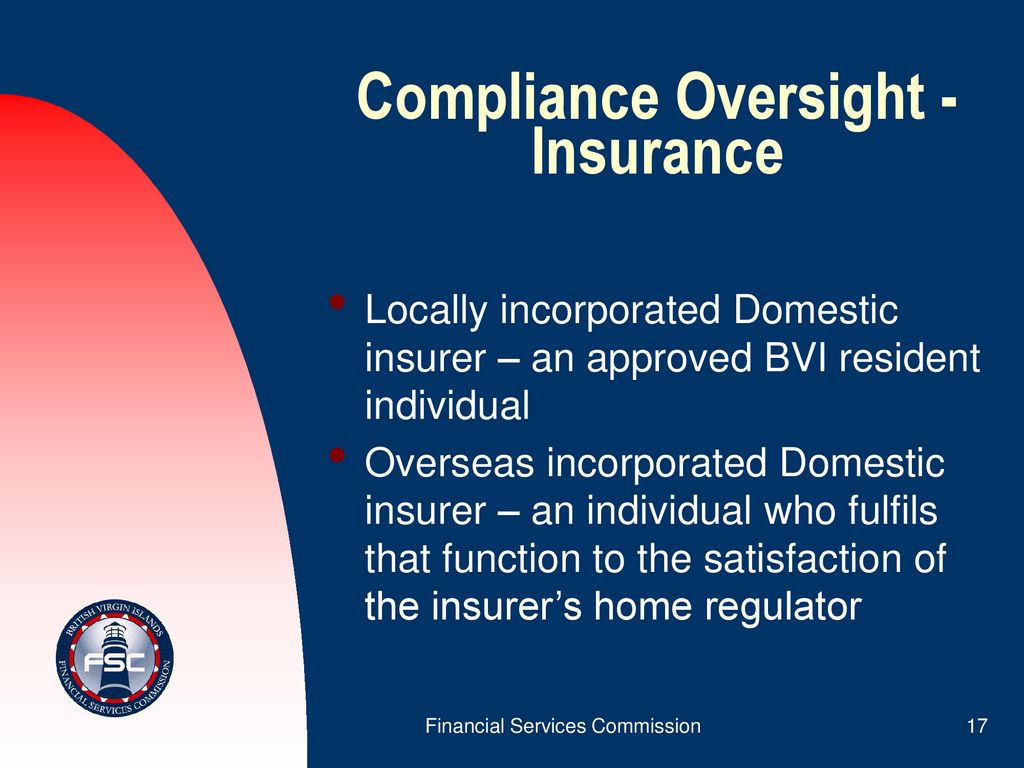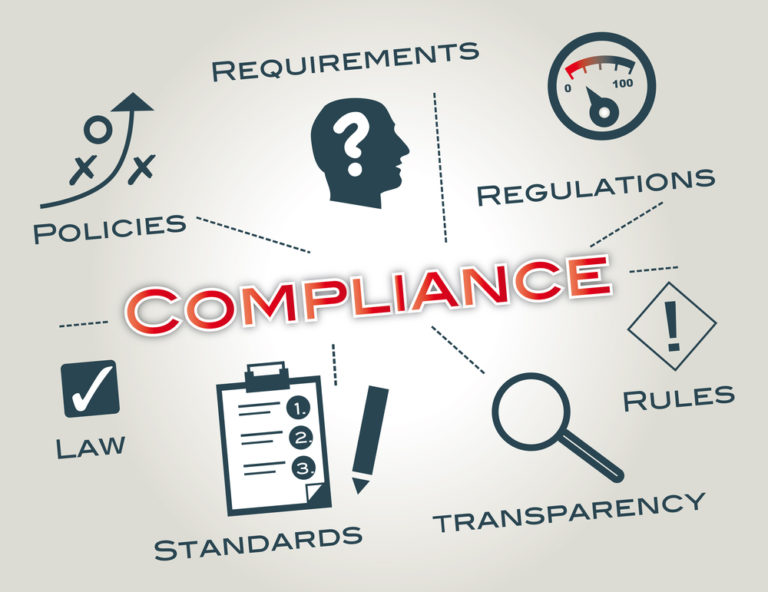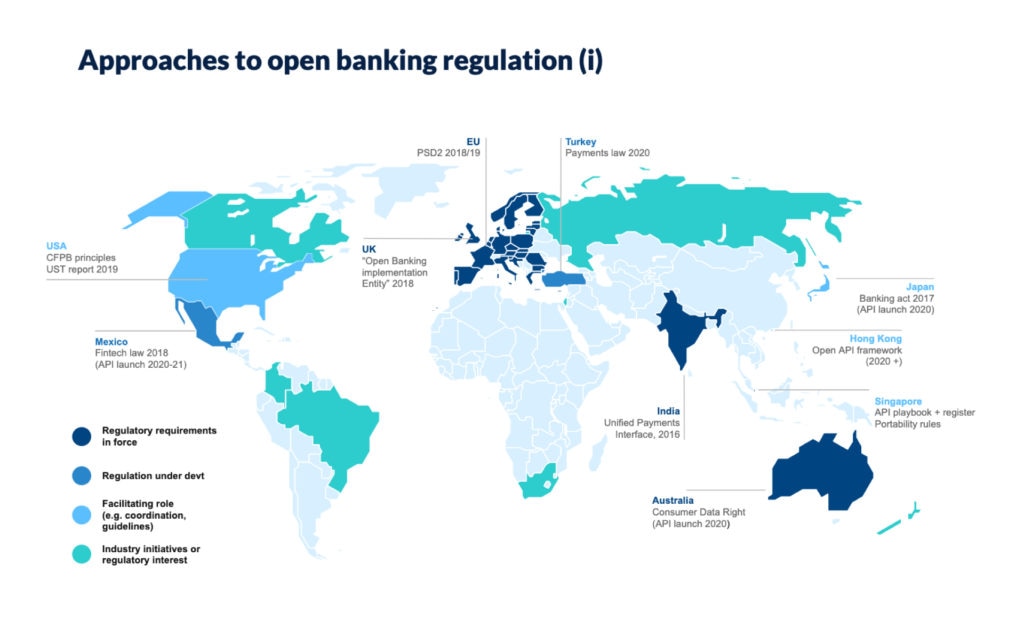
Unveiling Insurance Policy Oversight: What Regulators Do to Protect You
When you buy an insurance policy – whether it’s for your car, home, health, or life – you’re essentially buying a promise. A promise that if something goes wrong, the insurance company will be there to help you financially. But how can you be sure that promise is legitimate? How do you know the company is stable, the policy is fair, and your claims will be handled properly?
This is where insurance policy oversight comes into play. Think of it as the watchful eye that ensures the insurance industry plays by the rules. In this comprehensive guide, we’ll break down what insurance regulators do, why their role is crucial, and how their work directly benefits you, the policyholder.
Why Do We Need Insurance Regulators Anyway?
Imagine a world without rules for insurance. Companies could charge whatever they want, write confusing policies, or even disappear with your premiums. That’s a scary thought! Insurance regulators exist to prevent chaos and ensure a stable, fair marketplace. Here’s why they are so vital:
- Consumer Protection: This is their number one priority. Regulators work to ensure that insurance policies are fair, understandable, and that companies treat their customers ethically.
- Ensuring Financial Stability (Solvency): Insurance companies manage massive amounts of money. Regulators make sure these companies have enough money (reserves) to pay out claims, even during widespread disasters or economic downturns. This prevents companies from going bankrupt and leaving policyholders in the lurch.
- Promoting Fair Competition: By setting standards and preventing deceptive practices, regulators help ensure that companies compete fairly, leading to better products and prices for consumers.
- Preventing Fraud: Both insurance company fraud against consumers and consumer fraud against companies can destabilize the system. Regulators investigate and prosecute fraudulent activities.
- Maintaining Public Trust: When people trust that their insurance policies are reliable, they are more likely to buy them, which contributes to a more secure and resilient society.
Who Are These Regulators? The State-Based System
Unlike many other financial industries, insurance in the United States is primarily regulated at the state level, not the federal level. This means each state has its own insurance department or division responsible for overseeing the insurance companies operating within its borders.
- State Insurance Departments/Commissioners: Each state has an office (often called the Department of Insurance, Bureau of Insurance, or Office of the Insurance Commissioner) led by an appointed or elected official. These are the front-line regulators. They are responsible for enforcing their state’s insurance laws and regulations.
- The National Association of Insurance Commissioners (NAIC): While regulation is state-based, the NAIC plays a crucial coordinating role. It’s an organization made up of the chief insurance regulators from all 50 states, the District of Columbia, and five U.S. territories. The NAIC develops model laws and regulations, shares best practices, and provides data and analysis to help states regulate more effectively and consistently. They don’t have direct regulatory power over companies, but their work helps standardize regulations across states.
- Limited Federal Role: While the states lead, federal agencies do have a limited role in certain areas, such as the Federal Insurance Office (FIO), which monitors the insurance industry and advises the Treasury Department on insurance matters, particularly concerning international issues.
What Exactly Do Insurance Regulators Do? The Core Functions
The daily work of insurance regulators covers a broad spectrum, all aimed at maintaining a healthy and fair insurance market. Here’s a breakdown of their key responsibilities:
1. Licensing and Approval
Before an insurance company, agent, or even a specific insurance product can be sold in a state, it needs the green light from the state’s insurance department.
- Company Licensing: Regulators review an insurance company’s financial strength, business plan, management team, and legal structure to ensure it’s reputable and capable of fulfilling its promises before allowing it to operate in the state.
- Agent & Broker Licensing: Individuals who sell insurance policies must also be licensed. Regulators ensure they meet educational requirements, pass exams, and adhere to ethical standards. This protects consumers from unqualified or dishonest agents.
- Policy Form Approval: Every insurance policy document (the "form") must be reviewed and approved by the state insurance department. This ensures that:
- The language is clear and understandable (no hidden traps!).
- The coverage provided is consistent with the law.
- The policy doesn’t contain unfair or discriminatory clauses.
- It complies with all state-specific consumer protection laws.
2. Monitoring Financial Health (Solvency Regulation)
This is one of the most critical functions. Regulators act like financial watchdogs, constantly monitoring the financial stability of insurance companies.
- Financial Examinations: They regularly audit insurance companies’ financial records, assets, liabilities, and reserves to ensure they have enough money to pay out current and future claims.
- Capital Requirements: Regulators set minimum capital and surplus requirements that insurers must maintain. This acts as a buffer against unexpected losses.
- Investment Guidelines: They often set rules about where insurance companies can invest their money to ensure investments are secure and not overly risky.
- Early Warning Systems: Regulators use sophisticated financial models and data analysis to identify companies that might be heading for financial trouble, allowing for early intervention.
- Guaranty Funds: In the rare event that an insurance company does become insolvent, state guaranty funds (funded by other insurers) step in to pay covered claims up to a certain limit, protecting policyholders from total loss.
3. Reviewing Rates and Forms
Regulators play a significant role in ensuring that the prices (rates) for insurance are fair and not excessive, inadequate, or unfairly discriminatory.
- Rate Review: For many types of insurance (especially personal lines like auto and homeowners), insurers must submit their proposed rates to the state insurance department for approval. Regulators analyze the data and actuarial assumptions to ensure the rates are justified by the risk.
- Justification: Companies must provide detailed justifications for their proposed rates, including their anticipated claims costs, operating expenses, and profit margins.
- Combating Discrimination: Regulators ensure that rates are not unfairly discriminatory based on factors like race, religion, or national origin. Rates can differ based on risk factors (like driving record or claims history), but not on protected characteristics.
4. Market Conduct Examinations
While solvency focuses on a company’s financial health, market conduct focuses on how a company treats its customers.
- Sales Practices: Regulators examine how policies are marketed, sold, and presented to consumers to ensure there’s no deceptive advertising or high-pressure sales tactics.
- Underwriting Practices: They review how companies decide who to insure and under what terms, ensuring that decisions are fair and consistent.
- Claims Handling: This is a major area of focus. Regulators investigate whether claims are processed promptly, fairly, and in accordance with policy terms and state law. They look for patterns of delayed payments, unfair denials, or inadequate investigations.
- Complaint Resolution: They monitor how companies handle consumer complaints to ensure issues are resolved effectively.
5. Handling Consumer Complaints
One of the most direct ways regulators help you is by providing a channel for consumer complaints.
- Complaint Resolution: If you have an issue with your insurance company that you can’t resolve directly – whether it’s a denied claim, a billing dispute, or a question about your policy – you can file a complaint with your state’s insurance department.
- Investigation: The department will investigate your complaint, mediate with the insurance company on your behalf, and ensure the company is adhering to its policy obligations and state laws. While they can’t force a company to pay a claim if it’s legitimately not covered, they can ensure your claim was handled fairly and according to the rules.
- Data Collection: Complaints also provide valuable data to regulators, highlighting patterns of misconduct or problems with specific companies that may warrant broader investigation.
6. Combating Insurance Fraud
Regulators work tirelessly to detect, investigate, and prosecute various forms of insurance fraud, which ultimately drives up costs for everyone.
- Investigative Units: Many state insurance departments have dedicated fraud units that work with law enforcement to uncover and prosecute fraudulent activities by both policyholders (e.g., faking an accident) and insurers (e.g., misrepresenting policy terms).
- Public Awareness: They also educate the public about common fraud schemes and how to report suspicious activity.
7. Educating the Public
Empowering consumers with knowledge is another key role.
- Consumer Guides: State insurance departments often publish guides and resources on various types of insurance, explaining coverage, shopping tips, and how to file complaints.
- Public Outreach: They conduct seminars and workshops to help consumers understand their insurance options and rights.
How Does This Benefit You, The Policyholder?
The extensive work of insurance regulators translates into significant benefits for you:
- Peace of Mind: You can be confident that the insurance company you choose is financially stable and legally authorized to operate.
- Fair Treatment: You’re protected from unfair policy terms, deceptive sales practices, and arbitrary claim denials.
- Financial Security: In the rare event your insurer faces financial trouble, state guaranty funds provide a safety net.
- Clear Information: Policies are reviewed to ensure they are understandable, so you know what you’re buying.
- A Voice and a Resource: If you have a problem with your insurer, you have a powerful advocate in your corner – your state’s insurance department.
Challenges and the Evolving Landscape
The world of insurance is constantly changing, and regulators face new challenges:
- Technological Advancements (InsurTech): New technologies like artificial intelligence, big data analytics, and blockchain are transforming how insurance is sold and managed, requiring regulators to adapt their oversight.
- Climate Change: The increasing frequency and severity of natural disasters impact claims costs and availability of coverage, presenting complex challenges for rate regulation and market stability.
- Cybersecurity: Protecting sensitive customer data held by insurers is a growing concern, leading to new regulations around data security.
- Interstate Commerce: While state-based, many insurers operate nationally, requiring continued coordination and consistency among state regulators.
Conclusion
Insurance policy oversight is not just a bureaucratic formality; it’s the bedrock of trust and stability in the insurance industry. From ensuring companies are financially sound to reviewing the fine print of your policy and handling your complaints, insurance regulators work tirelessly behind the scenes to protect your interests.
Understanding their role empowers you as a consumer. If you ever have questions about your policy, your insurance company, or feel you’re being treated unfairly, remember that your state’s Department of Insurance is there as a valuable resource and advocate for you. They are the guardians of the promise your insurance policy makes.



Post Comment